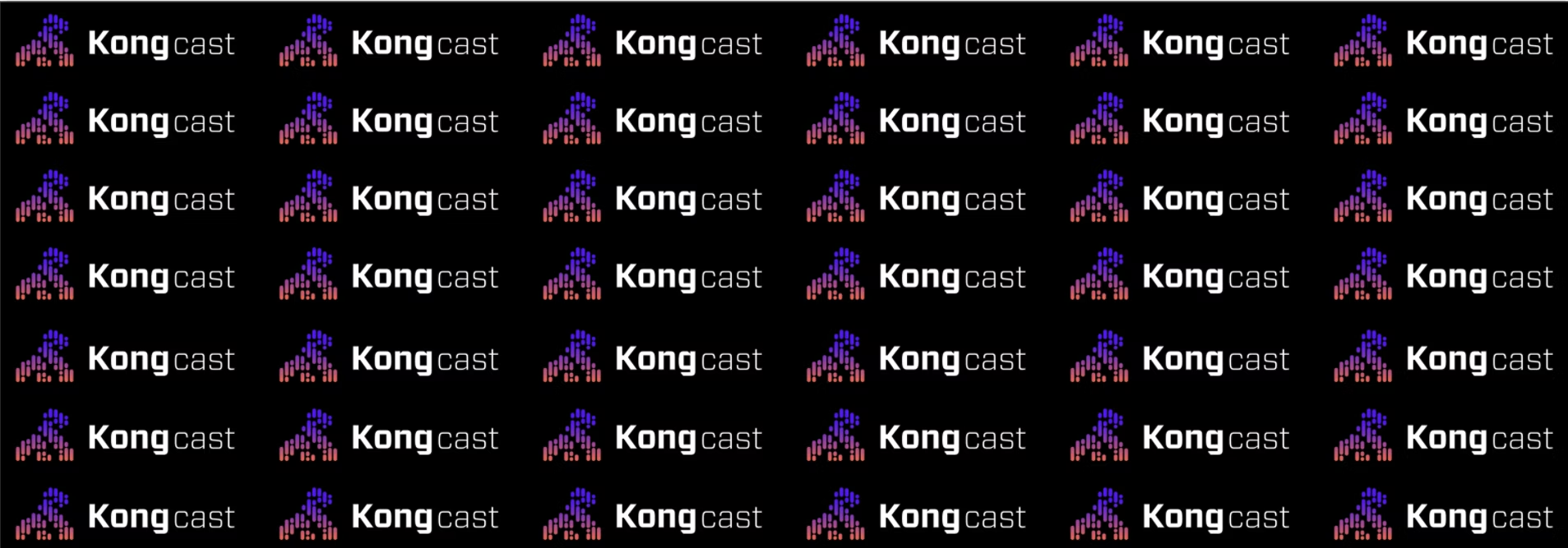In this episode of Kongcast, Matt Stratton, a staff developer advocate at Pulumi, explains the history of configuration automation, the world of cloud engineering and how it compares to DevOps.
Check out the transcript and video from our conversation below, and be sure to subscribe to get email alerts for the latest new episodes.
Viktor: So before we jump to this one, tell us a bit about yourself.
Matt: I spent about two decades working in traditional technology operations. I was a sysadmin. And I live here in Chicago, so I worked for a lot of financial institutions and insurance companies because that’s usually where you work in Chicago if you work in tech.
Along the way, I got interested in this DevOps stuff. It was probably about eight or nine years ago. And got interested in how we could automate things. I was always about automation, so I was writing a lot of like VB scripts and a lot of bash scripts and a lot of this stuff. And then I learned about this thing called Puppet and started using Puppet for some things, and later switched over to using Chef. That’s a long roundabout way to say I’ve been involved in DevOps for quite some time. And I went from being a member of the Chef community to working at Chef. And Chef is an infrastructure as code tool where you write your code - your infra code - in Ruby. I stepped away from that and joined Pulumi.
And so infrastructure as code is really interesting to me, and I think there’s a lot of power to it. I like to see how things have evolved. But at the end of the day, doing this work was not great. I’m excited that this changes how people work. I worked at Chef because I believed in Chef. It’s not the other way around. I think that’s still true for what I do now.








